President Uhuru Kenyatta on Wednesday announced a raft of new measures to cushion Kenyans and their businesses from the effects of the COVID-19 among them a reduction in the Pay as You Earn Tax (PAYE) from 30% to 25% and a reduction in Value Added Tax (VAT) from 16% to 14%.
But the general feeling among economists and policy experts is that the new measures do not reflect the magnitude of the hardship that Kenyans are enduring and the government should be doing a lot more.
Economist David Ndii maintains a lifeline fund is a way to go through availing soft loans to Kenyans across all social cadres, Mohammed Wehliye, on the other hand, maintains that the best way to avoid COVID-19 becoming a full-blown crisis is through strengthening the health systems and giving the Health Ministry the resources it needs to battle the outbreak, that way he opines will limit the virus from bringing the economy to its knees.
“Most Kenyans live from hand to mouth, locking down the country is putting them out of a living,” Ndii said responding to a question posed to him on twitter.
While Wednesday’s measures might save some money for salaried employees, formal businesses and corporations, Kenyans who depend on informal businesses are staring at a near-crisis and stand the risk of going hungry if nothing is done to help them.
Here are a few pointers
The government’s interventions towards alleviating the economic shock of Covid-19 are timely and should be viewed as the first of many as it seeks innovative ways of easing cash flow to businesses.
According to the Economic Survey 2019, jobs in the informal sector constitute 83.6% of the total employment in Kenya making it a sector that should be treated with caution.
These unlicensed businesses most likely don’t have financial systems to enable then be tax compliance hence the tax incentives of the reduced Turnover Tax, PAYE and VAT may not have a significant impact to their trade.
The question then becomes how can they be reached given that these Jua kali traders are at the frontline in terms of the full brunt of the negative effects of the COVID-19 pandemic which include the closure of markets, change in customer behavior in light of quarantine and acute capital shortage due to the balancing act of domestic use and business reinvestment.
Government interventions towards informal businesses must borrow from marketing principles of segmentation of target market that is homogeneous in terms of needs.
Research conducted by consultancy firm Viffaconsult shows that majority of informal businesses and micro enterprises are found in different physical clusters such as Kariokor Market, Mlango Kubwa, Jericho Market, Kongowea, Marikiti among other like clusters in other parts of the country.
“Businesses in these clusters most often than not are members of either registered or unregistered associations or Chama groups that act as a platform for; savings, risk management, information sharing, mentorship, training and social protection,” reads the reasearch.
Government intervention can target these groups with cash transfers after conducting a rapid audit of these groups that exist across the country.
The audit will entail working in collaboration with institutions that keep a database on informal businesses such as the Ministry of Trade, Industry and Cooperatives, Central Bank, Micro Small Enterprise Authority (MSEA), Youth Enterprise Fund, NGOs like the World Bank.
The cash transfer can act as an immediate relief for these informal businesses who can use it to shake off the short term damage the virus will have caused their businesses.
The funds can also be used to invest in technology and delivery, negotiate for new premises to store products outside traditional markets as they try to deal with the pandemic as well as adjust their business model and adapt to a new normal.

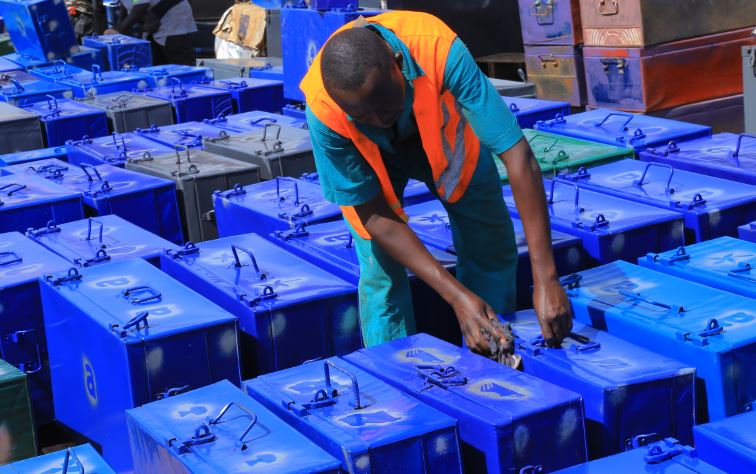




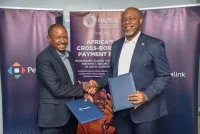


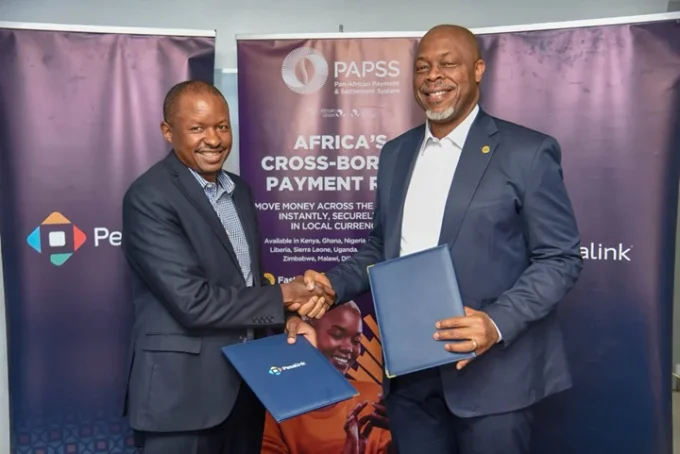
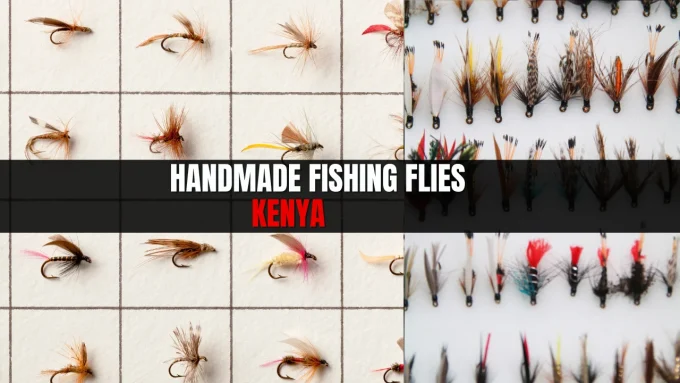
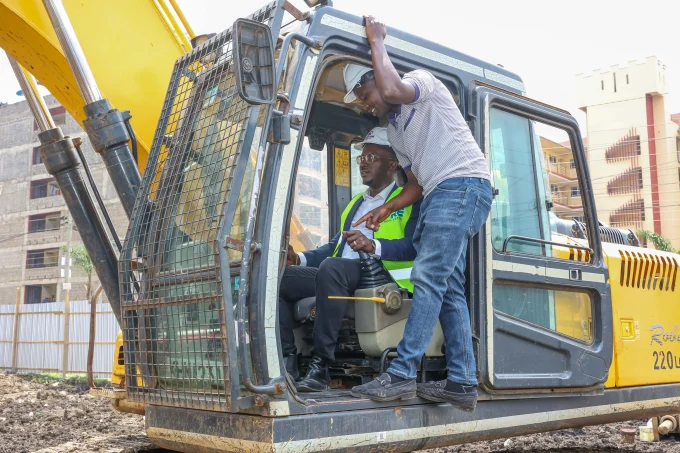

Leave a comment